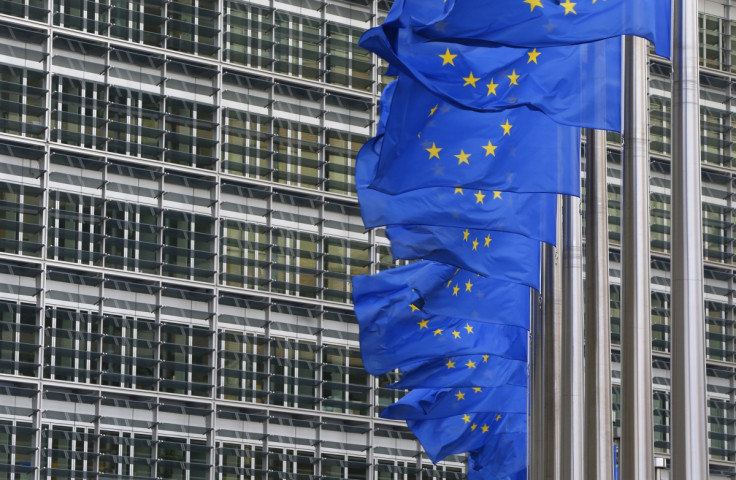EU Elections: Inside the Brussels Bureaucracy Lies a World of Whispering Lobbyists

Brussels is best known as the home of the European Union project. A lesser known reality is that the city is a honey pot for global companies' top lobbyists.
30,000 lobbyists are working in the Capital of Europe, according to Corporate Europe Observatory, barely fewer than the 31,000 staff employed by the European Commission. That makes Brussels the second-largest hub of lobbyists outside of Washington DC in the United States.
They represent private firms and their aim is to influence legislation, hence they spend plenty of time with Members of the European Parliament (MEPs.) Indeed, some lobbyists are former MEPs themselves.
Yet the relationship between private business and European legislators has come under increased scrutiny as the European project has evolved over the years.
Anti-corruption group Transparency International laid in to Brussels for being "vulnerable to corruption" in a report published in April.
In a wide-ranging investigation, the group uncovered lax regulation of lobbying and weak enforcement of the EU's own ethics rules.
"Despite the fact that declarations of outside interests and assets are done by MEPs and senior Commission officials, these are not systematically checked at all, these are not systematically verified. And this leaves this EU institutions vulnerable to corruption risks," Transparency International said in a statement last month.
There are no mandatory lobbying rules in Brussels, something that was exposed in the infamous cash-for-amendments scandal revealed in the British newspaper the Sunday Times in 2011.
Three MEPs were caught on camera accepting money from a fictional company in exchange for amendments to legislation, prompting two of them to resign their seats. The other was booted out of his party but retained his seat in the parliament.
After the scandal broke, the European Parliament introduced a code of conduct in 2012, which laid out a set of ethics for all MEPs.
The code banned rewards for influencing votes and said MEPs would have to specify extra payments they receive. It also banned gifts with a value above €150 (£135).
However three years after the scandal broke, the intricacies of legislating in Brussels remain shrouded, with deals often done behind closed doors.
Anti-lobbying group, Politics for People, said this month that despite the introduction of the code in the European Parliament, breaches of ethics persist in Brussels.
"While the code of conduct for MEPs came as a breakthrough, the parliamentary authorities have constantly narrowed the interpretation of its provisions. This has been detrimental to their enforcement and this puts the credibility of the Parliament at risk," said campaigner Natacha Cingotti in a statement this month.
"An ambitious step is needed to rebuild citizens' trust in the European Parliament. A code of conduct that makes conflicts of interests transparent but does nothing to stop them, fails to achieve that," she said.
The group said that President of the European Parliament, Martin Schulz, has weakened the code by limiting its function to detecting conflicts of interest rather than disrupt them.
"When MEPs can get away with violating the Parliament's ethics code without any sanctions being imposed, this gives the worst possible signal," said Olivier Hoedeman from Corporate Europe Observatory in a statement.
If the anti-establishment parties across Europe perform as well in the vote as the polls are suggesting, it would be a wake-up call to Brussels that the system is far from perfect.
© Copyright IBTimes 2025. All rights reserved.






















